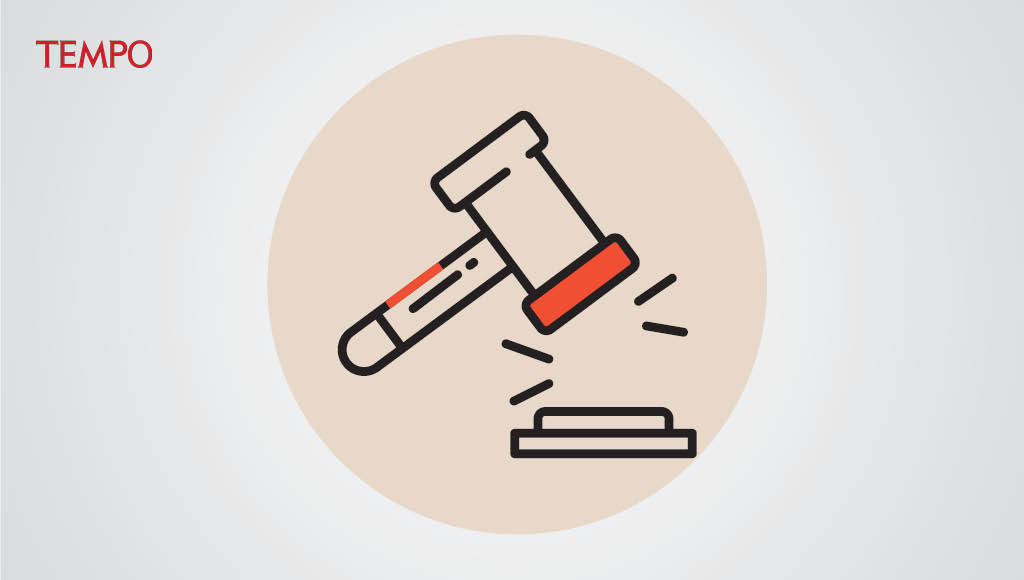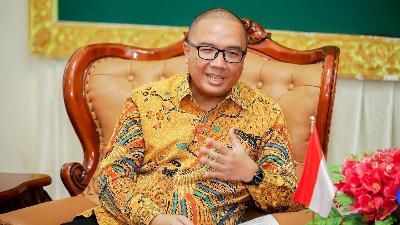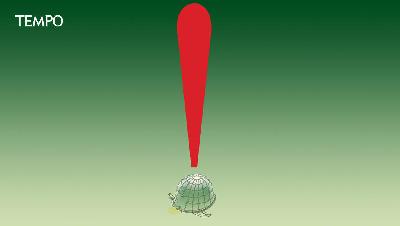The Discordant Song Royalties
Monday, April 7, 2025
The tug of war between the interests of singers and songwriters demonstrates that something is wrong with the royalty scheme. More equitable rules are needed.
arsip tempo : 174495831140.

IT seems that the rules concerning song royalties are not as beautiful as the music that reaches the ears of those enjoying it. Those working in the industry should play by the rules while improving the way they are implemented.
Royalties once again became a debating point after the Central Jakarta Commercial Court ruled that singer Agnes Monica breached the copyright rules when she sang the song Bilang Saja written by Ari Bias at three commercial concerts. The judges ordered Agnes to pay Ari Rp1.5 billion.
The Copyright Law states that song royalties are managed by the National Collective Management Agency (LMKN). This organization has the authority to collect and distribute royalty funds to songwriters. In 2023, the LMKN announced that the total revenue from royalties was Rp55.151 billion.
Unfortunately, the organization is not behaving ‘fairly.’ Many songwriters, such as Armand Maulana, vocalist of the band GIGI, only receive a few hundred thousand rupiah every year even though his songs are frequently played in many places. The LMKN has failed to ensure that songwriters receive an appropriate amount of royalties.
Musicians are divided after the court ruled Agnes was guilty. Some support Agnes, while others have sided with Ari. Ahmad Dani, a musician and member of the House of Representatives (DPR) from the Gerindra Party, established the Indonesian Composers Association (AKSI). Ari Bias has joined this association. They are urging Agnes to pay up in line with the court ruling.
Ahmad Dhani and his associates believe that the LMKN scheme is not fair. They have unilaterally decided to implement a direct licensing scheme. Under this scheme, singers or other people using songs have to pay songwriters directly. Of course, this provides more income for some songwriters in the short term. However, in the long term, Ahmad Dani’s scheme will only benefit a small number of songwriters. And it does not have a legal basis.
A group of musicians reacted to the unilateral move by AKSI. Singers including Armand Maulana, Nazril Irham and Bunga Citra Lestari established an organization called Indonesia Voice Vibration, or Visi. They lodged a challenge to the regulation with the Constitutional Court, demanding more explicit and clear regulations regarding the management of some royalties and their distribution. Their aim is to fight for the rights of songwriters and to ensure that royalties are managed in a transparent and fair way, without anybody taking advantage of legal loopholes for personal gain.
The state should tackle this problem seriously. After all, the economic value of the music industry will continue to grow. Problems with copyright not only relate to events such as concerts but also digital distribution through various platforms. The Creative Economy Ministry needs to create a level playing field for those working in the music industry.
As a member of the DPR, especially coming from the ruling party, Ahmad Dani should be able to use his authority to push for changes to a system that manages song royalties better. He should not be “taking the law into his own hands” or giving the impression of looking after his personal interests, rather than those of all songwriters.











